[China] A zero-waste lifestyle! China's first concept store "THE BULK HOUSE".
- Release date: Jun 30, 2021
- 3226 Views
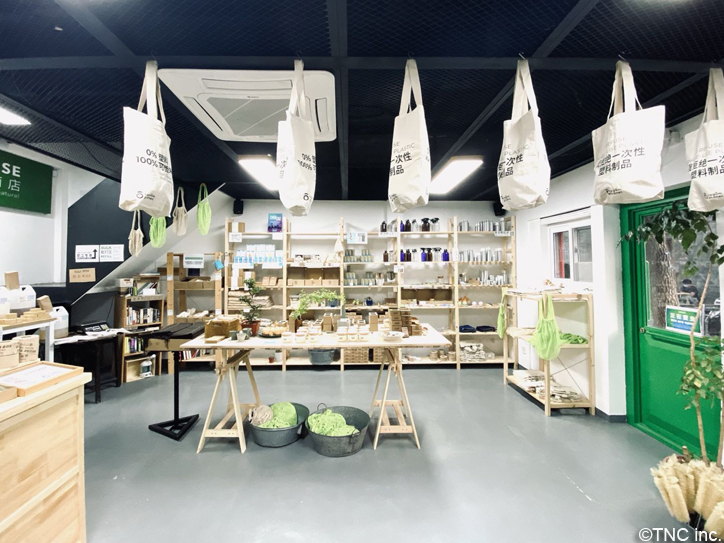
Clean products that can be used repeatedly are lined up in the store.
THE BULK HOUSE (零浪費包装商店), China's first "zero-waste" concept store in Beijing, has been offering clean products to consumers since 2018, advocating an eco-friendly lifestyle that does not produce waste. We visited the store and found refillable shampoo (500g, 100RMB, about 1,717 yen), bamboo (10RMB, about 171 yen and up) and stainless steel (14RMB, about 240 yen and up) straws, toothpaste in the form of tablets in glass bottles (66RMB, about 1,133 yen and up), hand-washable sanitary napkins (6 sanitary napkins, about 226 yen and up), and a variety of other products. The 20-square-meter space was lined with products that can be used repeatedly and do not produce waste, such as sanitary napkins that can be washed by hand (6 sheets, 226RMB/approx. 3,881 yen). During my one-hour visit, there were always visitors, but most of them just looked at the products in the store and left without buying anything. In China, many people think that eco-friendly products are overpriced or that there is nothing wrong with the products they are using now, and this behavior is seen as an expression of the awareness of ordinary consumers.Looking at the comments about THE BULK HOUSE on the social networking e-commerce application "小紅書" (RED), I was waiting for this concept! There are many positive comments such as "I've been waiting for such a concept!", "Let's protect the earth by spreading the idea of ecology", etc. However, there are also comments from people who actually visited the store that it is just too expensive and that they are just selling cheap products with the word "eco" written on it. In response to these criticisms, there are also comments defending the store, saying that eco-goods are expensive even overseas, and that it is necessary to raise awareness about ecology.
The word "eco" is becoming more familiar, but but few people are actually doing anything about it.
In China, the government has been promoting environmental initiatives such as waste separation and plastic restrictions, but individual awareness is still not that high. In recent years, the word "eco" has been used more often, but the number of people who actually embody it has not increased much. In such a situation, Ms. Yu Yuan, a female owner from Wuhan, opened "THE BULK HOUSE" with her American partner in order to advocate a zero-waste lifestyle in Beijing and throughout China. They sell products that can be used over and over again and are made of naturally degradable materials in accordance with the zero-waste concept, but it seems that there is still a long way to go before the general public becomes aware of this concept.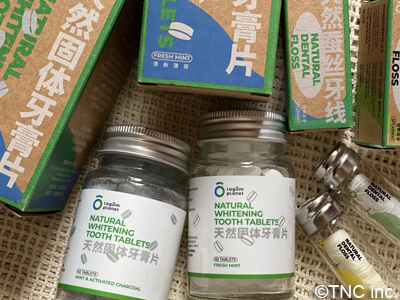
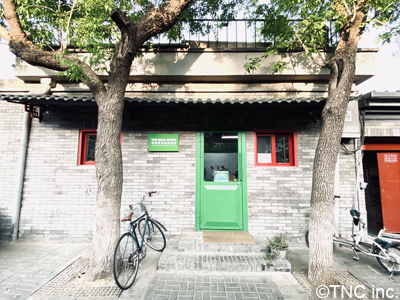
-
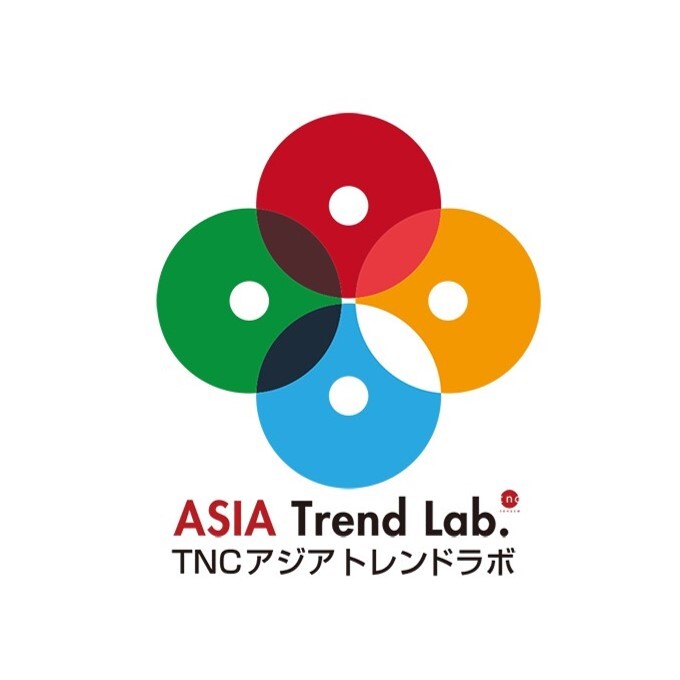
Author profile
TNC ASIA Trend Lab
TNC ASIA Trend Lab is an information organization run by TNC Inc. that researches and shares trends in Asia. It supports corporate marketing activities by finding insights from trends rooted in the lifestyles and habits of local consumers.
http://tnc-trend.jp/ -
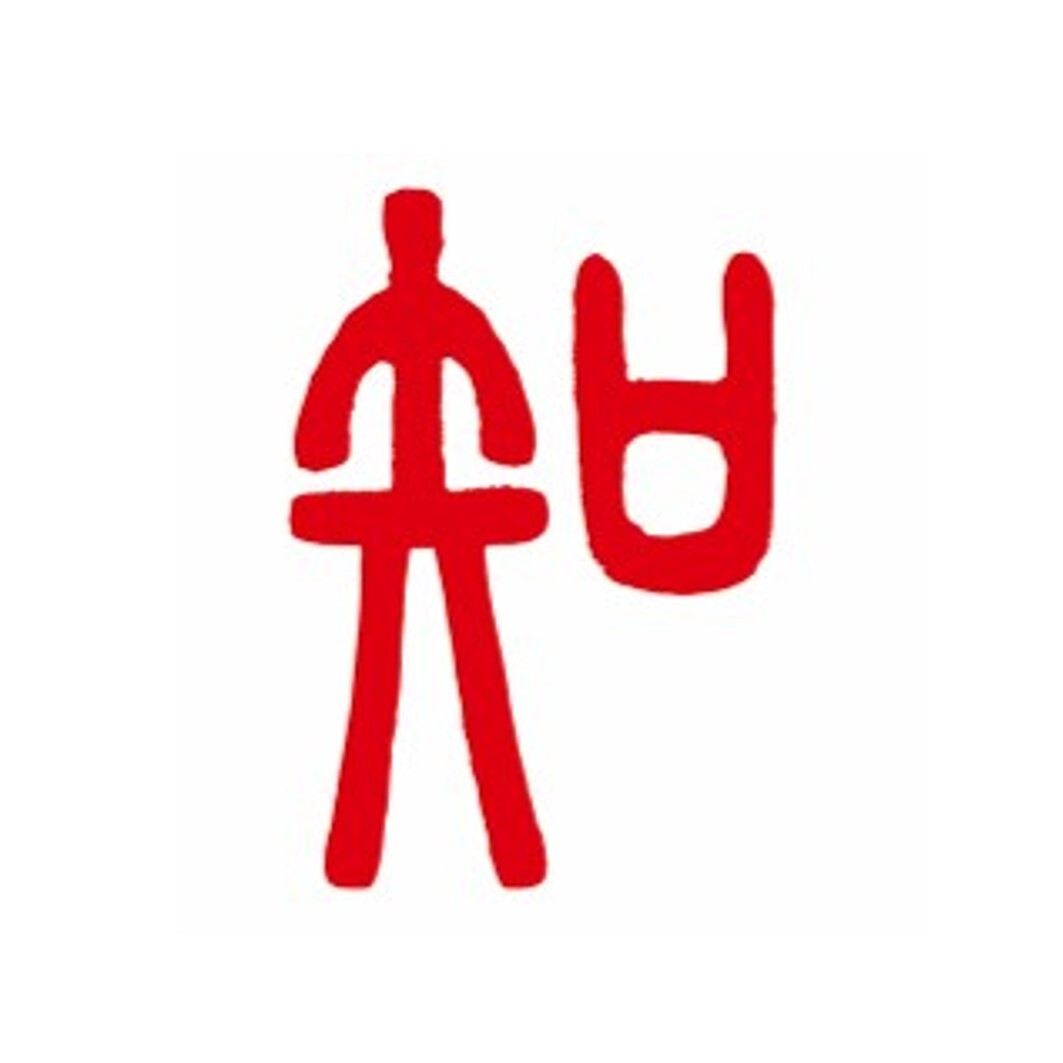
Editor profile
Intage Inc.
 Global Market Surfer
Global Market Surfer CLP
CLP